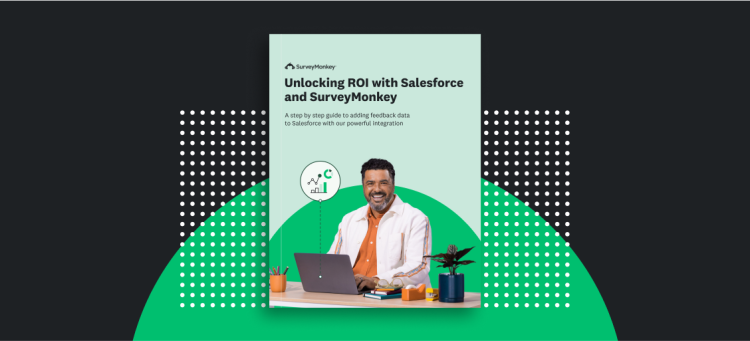We’re used to turning to successful people for inspiration. Some of us “lean in” after being energized by Sheryl Sandberg, others work furiously to retrain themselves to sleep like Arianna Huffington.
But in these fiercely competitive times, what we have to learn from the most successful people in business is perhaps less about the answers they offer than about their relentless questioning, their curiosity.
Serena Williams, quite possibly the greatest tennis player of all time, says it’s curiosity that drives innovation. It’s enormous talent and inquisitiveness that landed her on Fast Company’s list of Most Creative People.
When asked to give one piece of advice to professional athletes, Draymond Green, the three-time NBA all-star, offered: “always be curious and always continue learning.” Dray’s urging isn’t primarily about winning championships (he’s won three), but about his quest to reshape himself as a businessman, and make a billion dollars by the time he’s 40 (he’s now 28 and well on his way).
If you want a top job at LinkedIn, be prepared to put your own curiosity on display. CEO Jeff Weiner doesn’t want a data-dump of achievements, he wants you to describe your “dream job,” authenticity is the coin of the realm.
What each of these exemplary leaders do—ask questions to better understand people and the world—is something we can all do.
That’s where SurveyMonkey comes in. Since 1999, we’ve been helping people ask the questions that matter to them, getting crucial insights from the people voices and opinions they need to hear.
After all, it’s not enough to watch the data flow by, we have to stop and ask why. In our data, top executives are about three times more likely than those who work for them to see a direct connection between curiosity and earnings. We should all ask questions, of ourselves, and where important, of our customers and our employees or co-workers.
To showcase the value of questions, we teamed up with Arianna, Draymond, Jeff, and Serena (this blog, apparently, is on a first-name basis with them!) to help them get answers about what has them curious these days.
We worked with Arianna Huffington to ask people questions about burnout, job happiness, and more. In the data, about one in five of us reports feeling chronically behind. This widespread sense of overextension does subside as we get older, which is something we might all remember as we face the stresses of daily life. Another major contributing factor to burnout is our “smart” phones: About four in 10 Americans reach for their phone right when they wake up. That number rises to six in 10 among millennials, who are also more likely to say they feel “addicted” to their devices. It’s time to put those phones to bed too!
Draymond Green is famous for speaking his mind on the hardwood, but he also does it off-the-court on topics he cares deeply about. He wanted to know how and when people decided to express themselves at work, so together we ran a survey. Overall, most people sense their opinions are valued on the job, but not everyone feels comfortable disagreeing with their colleagues. Some 63 percent say they can voice a contrary opinion without facing negative consequences, far from the ideal in organizations that encourage curiosity. More perniciously, women are much less apt than men to say they can offer opposing views; they are also less likely to see their points-of-view as valued.
Jeff Weiner gets to ask his “dream job” question of candidates for top jobs at LinkedIn, but what would he learn from asking that of thousands of everyday people? We teamed up with him to find out. Asked open-ended, being a business owner tops the list, followed by manager, teacher, nurse, director, CEO, anything to do with travel, writer, and doctor. Major gender differences in the answers stand out, as do sometimes surprising motivations. What’s No. 1? It’s happiness, followed by purpose, and work-life harmony. Money is only fourth on the list, an answer chosen by only about a third as many as those who focus on happiness.
Serena Williams’ daughter is now a year old, and the famed athlete and entrepreneur has been cataloging the many, many ups and occasional downs on Instagram. She also wanted to hear from others about the challenges of balancing family and work obligations and how it feels for be a working parent. Together we found, that 1 in 3 working parents say their job makes it harder for them to do things they want for their family. The data show that both men and women feel pinched, but working moms face the toughest choices—women are four times more likely than men to be primary caregivers, and they are more apt to have sacrificed careers and more likely to feel guilty when leaving their kids behind to go to work.
Asking these questions, and having data, help these leaders respond when things come up—not just react when things go awry. You too can use this approach to getting or staying ahead. Whether your work challenges are attrition or failing to attract the best talent, or wondering how your competitors are faring, you don’t want to learn about a problem when it’s too late to fix it. It’s essential to ask what customers, employees, and fellow citizens expect and want. It’s the only way we can improve.
So what are you curious about? Ask away!
Methodology: Respondents for this SurveyMonkey online poll were selected from the more than 2 million people who take surveys on the SurveyMonkey platform each day. Data was weighted for age, race, gender, and education to reflect the demographic composition of adults living in the United States. See more information on the methodology.



